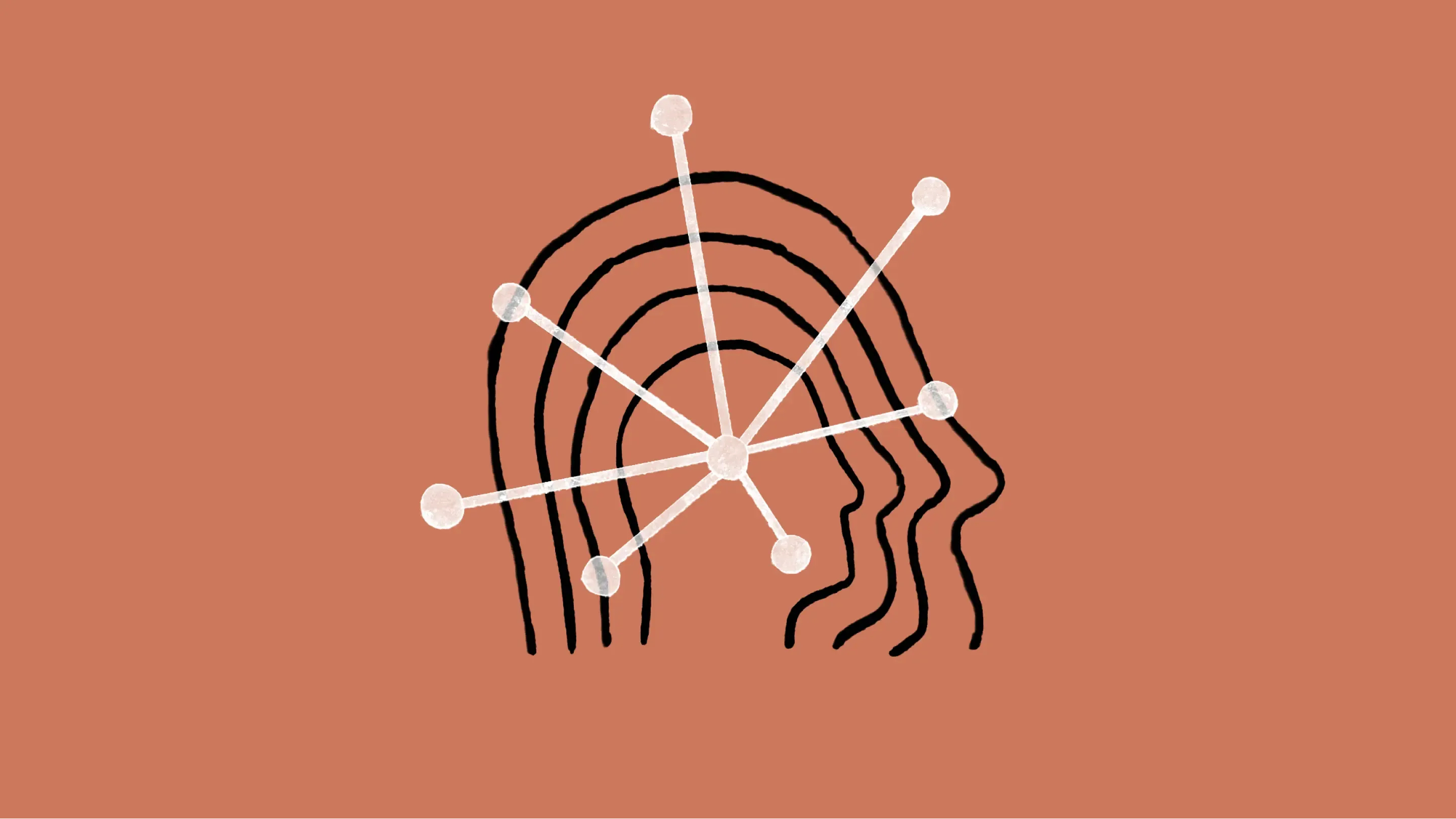Google has agreed to invest up to $2 billion in artificial intelligence Anthropic.
Anthropic, which is a direct rival to Microsoft-backed OpenAI and was founded by former executives from the company, on Friday said that Google will invest $500 million upfront with a further $1.5 billion over time.
Google had already invested $300 million in Anthropic earlier this year and is seeking an edge in AI in an effort to better compete with Microsoft. Its proprietary Bard generative AI (GenAI) platform is yet to see the kind of widespread adoption as OpenAI’s ChatGPT.
Anthropic is gaining momentum among Big Tech players, and last month secured up to $4 billion in investment from Amazon. Anthropic will use AWS Trainium and Inferentia chips to build, train, and deploy its future foundation models, while AWS will become Anthropic’s primary cloud provider for mission critical workloads, including safety research and future foundation model development.
More detail on the funding was revealed in Amazon’s quarterly report last week which detailed that the company had invested in a $1.25 billion note from Anthropic that can convert to equity. Its ability to invest up to $2.75 billion in a second note will expire in the first quarter of 2024.
Anthropic’s other funders include Salesforce and Zoom.
The company’s main GenAI product is the ChatGPT-rivalling Claude 2 which can summarise up to around 75,000 words – significantly more than ChatGPT's limit of 3,000 words. Machine learning monitoring platform Arthur AI has praised Claude 2 as one of the most reliable GenAI chatbots on the market in terms of "self-awareness" – i.e. being able to accurately gauge what it does and does not know.
Anthropic was one of the four companies invited to a meeting at the White House earlier this year to discuss AI development with US vice president Kamala Harris along with Google-owner Alphabet, Microsoft and OpenAI.
Latest News
-
Ofcom opens investigation into Meta over WhatsApp data disclosure
-
Amazon to cut 16,000 staff
-
British AI firm Synthesia raises $200m in funding round led by Google Ventures
-
Amazon Web Services extends Nationwide partnership to power digital banking transformation
-
TikTok finalises deal to split US operations from Chinese parent
-
Ubisoft scraps several titles and studios to reduce costs
The future-ready CFO: Driving strategic growth and innovation
This National Technology News webinar sponsored by Sage will explore how CFOs can leverage their unique blend of financial acumen, technological savvy, and strategic mindset to foster cross-functional collaboration and shape overall company direction. Attendees will gain insights into breaking down operational silos, aligning goals across departments like IT, operations, HR, and marketing, and utilising technology to enable real-time data sharing and visibility.
The corporate roadmap to payment excellence: Keeping pace with emerging trends to maximise growth opportunities
In today's rapidly evolving finance and accounting landscape, one of the biggest challenges organisations face is attracting and retaining top talent. As automation and AI revolutionise the profession, finance teams require new skillsets centred on analysis, collaboration, and strategic thinking to drive sustainable competitive advantage.
© 2019 Perspective Publishing Privacy & Cookies



.jpg)





Recent Stories